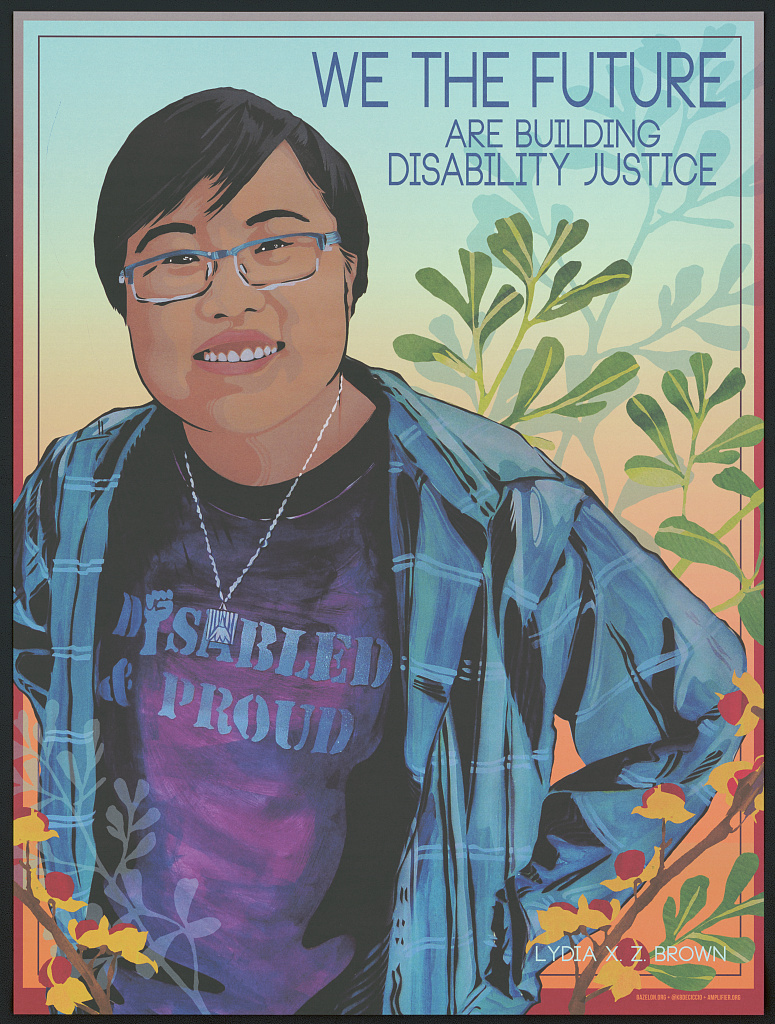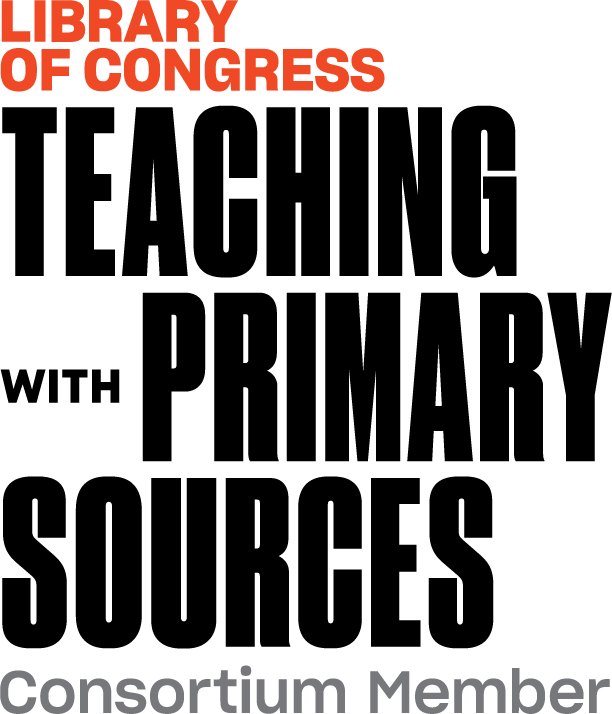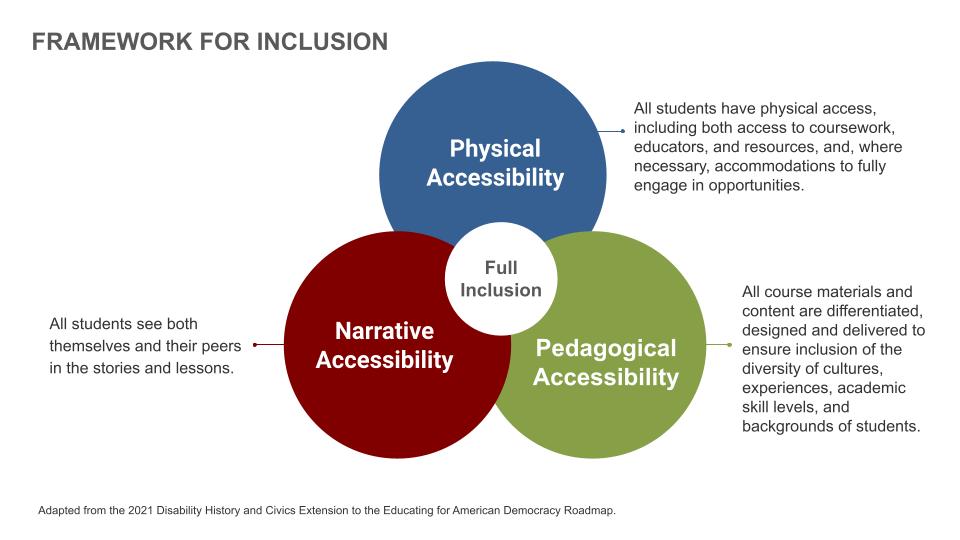Social studies and the humanities present unique challenges to struggling learners: complex stories, abstract concepts such as “citizenship,” a huge disciplinary vocabulary and need for background knowledge.
View a graphic layout of the sections of the Accessing Inquiry Clearinghouse.

Accessing Inquiry offers strategies to teach History, Social Science, and the Humanities to ALL learners.
Examine the framework, Universal Design for Learning–supporting excellence for all by offering multiple paths to understanding. Integrate the histories of people with disabilities and of immigrant and foreign language communities into your curriculum–often through topics that you already teach! Gain strategies to know and support diverse students, to empower them to ask good questions, to engage them in deep thinking, and to assess what they are learning.

The Accessing Inquiry pages present a wealth of tools and activities to make instruction accessible for all learners. Disability History through Primary Sources is a portal to all the best curricula and collections of sources. Immigrant History through Primary Sources offers a careful selection of teaching materials.
Also search our library of Teaching Resources for accessible Lesson Plans and Primary Source Sets shared by teachers who wrote them for their own unique settings. Many feature Disability History or Immigrant History. All build on the rich resources of the Library of Congress, the Disability History Museum, and our many other partners. Or search for classroom Teaching Strategies, featuring diverse approaches to inquiry, engagement, and assessment.

Gain understanding of Emerging America's approach to Professional Development, including summaries of its varied programs. Learn about and register for current workshops and courses, both in-person and online–all emphasizing inquiry-based use of primary sources, in-depth content from top scholars, practical classroom strategies, sharing with engaged colleagues, and much more! Sign up for the free monthly Emerging America's Inclusive History News digest, including virtual and in-person events across the U.S. And browse the Emerging America blog.

Effective implementation for all learners, especially the 7.5 million Special Education students in the United States, requires careful consideration of Physical Accessibility, Pedagogical Accessibility, and Narrative Accessibility. Consider implications of this framework and find links to resources in each area.


